Stoners, rejoice: at 12:01 a.m. on Thursday, stodgy Washington, D.C., became the latest and strangest frontier in the marijuana legalization movement. It’s now okay for adult residents of the District to possess two ounces of pot, grow up to six plants in their homes and share their bounty with others.
Here’s the wrinkle: there’s still no way to legally buy the drug.
Welcome to Washington’s weird new weed economy. A clash between the capital’s citizens and Congress has left the District without a system dictating how weed can be bought and sold, unlike the first four states that have legalized the drug. Washington has set up a marijuana marketplace without ironing out how the money part will work.
“What we have here is legalization without commercialization,” says Adam Eidinger, who ran the campaign to legalize weed in the nation’s capital. “We have more work to do.”
The missing link in the cannabis supply chain means the capital’s budding ganjapreneurs are about to get creative. Sure, smokers can take advantage of free seed giveaways and start growing at home. But in the meantime, unless you’re among the .003% of DC residents with a license to patronize one of the capital’s three medical dispensaries, there’s still no way to stroll into a shop and buy pot products. In the absence of traditional commerce, a social marijuana economy is apt to flower.
According to interviews with industry observers and participants, that may mean the formation of cannabis social clubs, where organizers charge admission to private event spaces where growers freely exchange their greenery. Corporations are discussing the viability of organizing sponsored weed swaps. Weed co-ops and farmer’s markets may sprout, just the ones where you get your monthly supply of organic kale or collards.
Entrepreneurs might skirt the sales prohibition by offering health seminars, massages or other services for a fee—and then hand out “free” greenery as a perk. If you’re a black-market pot dealer trawling for new clients, there’s nothing that prevents you from posting up at a bar or a concert and giving away gratis grams with a phone number on the back of the bag. All an enterprising businessman has to do is plausibly skirt the restriction against directly exchanging pot for money, goods or services.
“People are going to rush into the breach here and try to take advantage,” says Allen St. Pierre, executive director of the National Organization for the Reform of Marijuana Laws (NORML). “And some will not do it right.”
7 Dizzying GIFs of Spinning Cannabis Strains
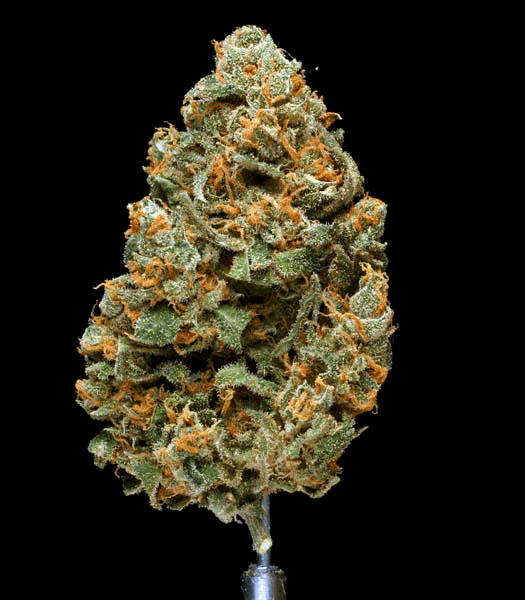
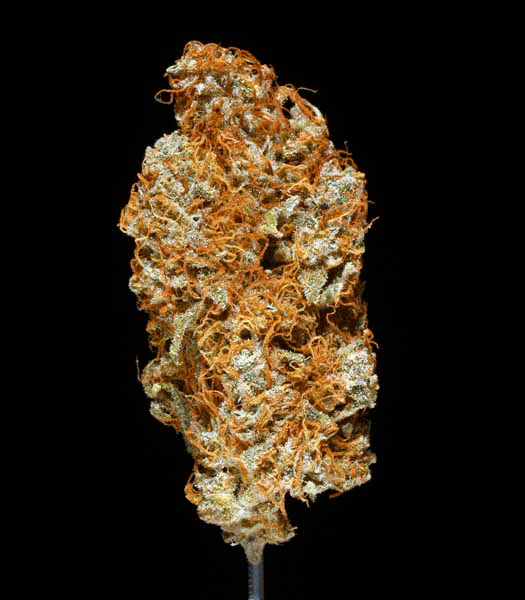
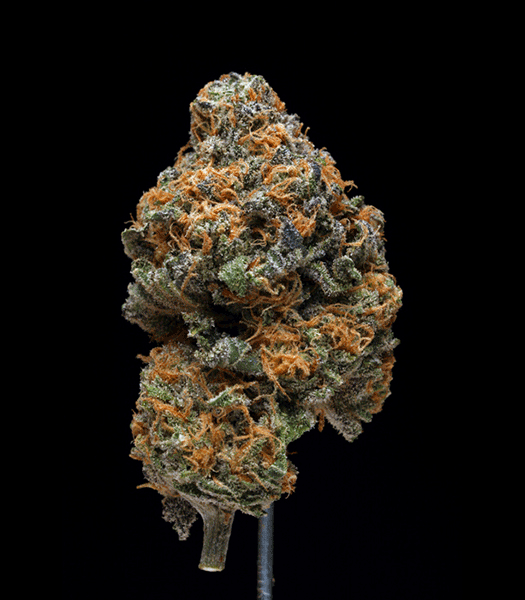
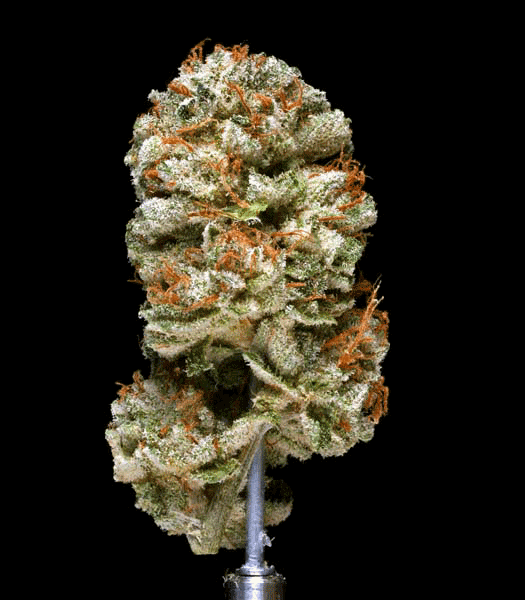
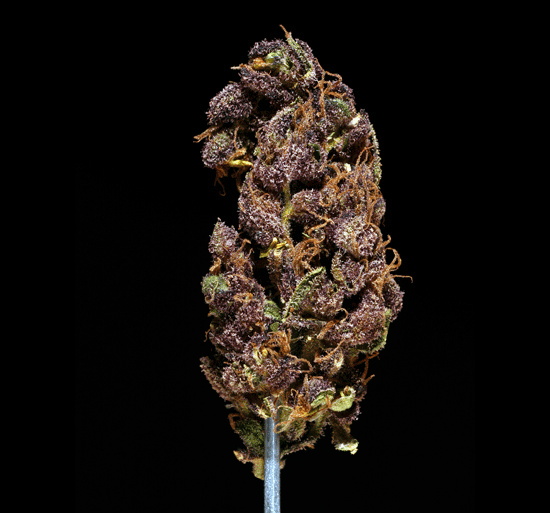
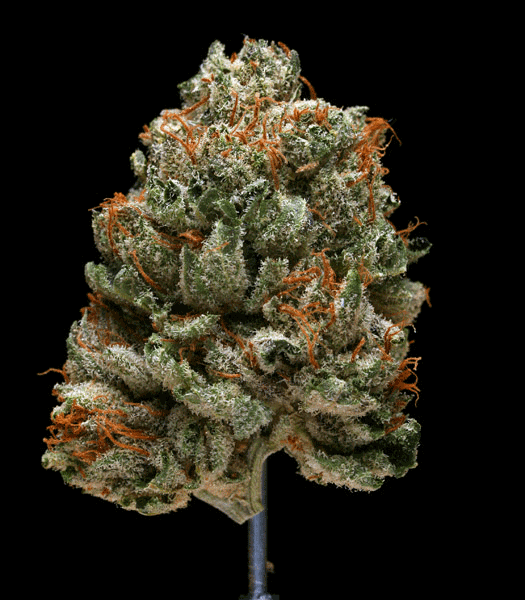
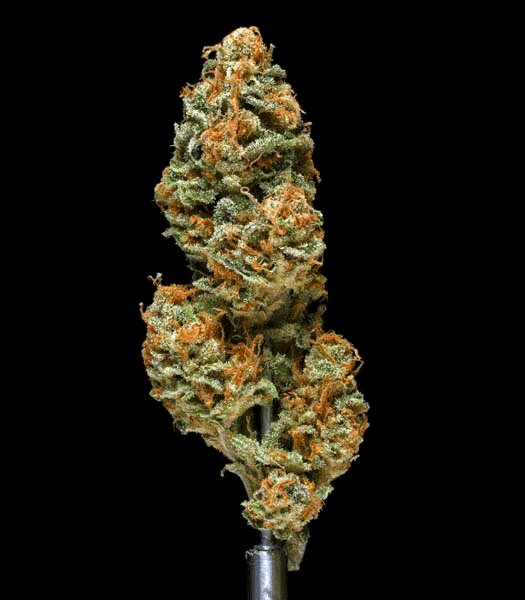
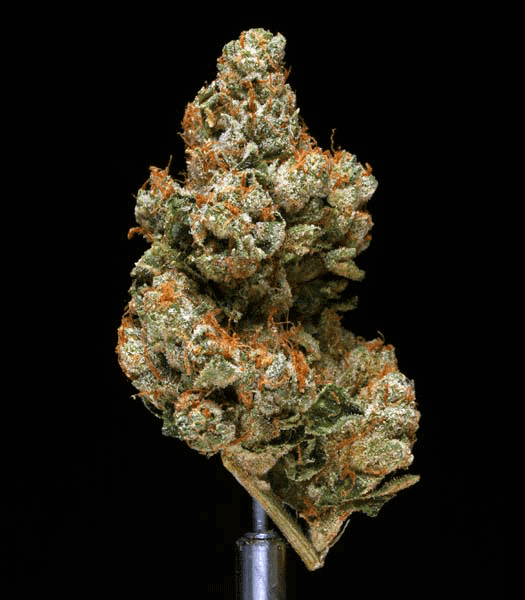
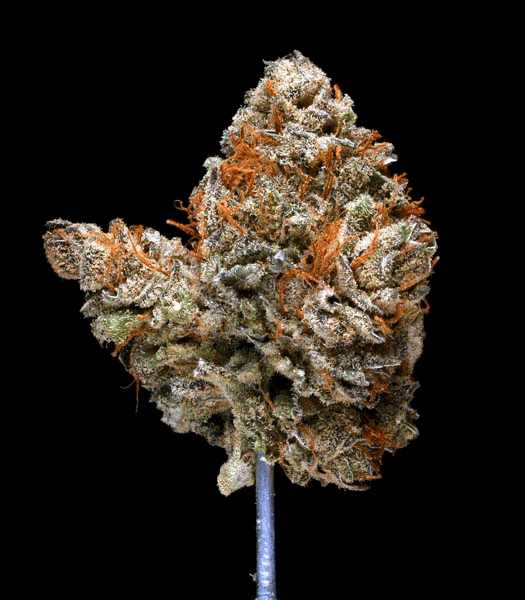
All this haziness is partly the product of a clash between D.C. residents and their killjoy overlords. Last November, voters in the District overwhelmingly approved Initiative 71, a ballot measure that legalized pot use. But because of a rule that bars the city from spending money to implement ballot measures, it couldn’t set up a regulatory system. That was supposed to come later, and the city council was ready to proceed, says Eidinger. During the lame-duck session, however, a small cadre of Congressmen intervened, preventing the capital from establishing rules to govern the sale and taxation of the drug.
As legalization loomed this week, members of Congress appeared to dangle the threat of jail time over Washington Mayor Muriel Bowser. Republicans Jason Chaffetz and Mark Meadows of the House Committee on Oversight and Government Reform fired off a letter to Bowser calling D.C.’s decision to proceed with legalization in defiance of Congress a “knowing and willful violation of the law.”
Bowser dug in, announcing at a Wednesday afternoon press conference that the city would move ahead on schedule. The legislative branch’s attempt to overrule the will of the city is “offensive to the American value of self-governance and … disrespectful to the 650,000 taxpaying Americans living in the District,” says D.C. council member Brianne Nadeau. “If they lock up the mayor, they better take me too.”
Rep. Andy Harris, a Maryland Republican who helped lead the fight against the initiative, says Congress doesn’t “take lightly interfering in D.C. home rule” and did so only because the District is “making a clearly bad decision.”
Harris urged the Department of Justice to intervene to stop the law from taking effect. But he notes lawmakers have little recourse in the matter if that doesn’t happen. “I don’t know,” Harris says. “We’re unclear what the next step could be.”
Meanwhile, the green rush is on. Over the weekend, more than 1,000 people are expected to descend on a Holiday Inn near the U.S. Capitol for a cannabis convention that includes a trade show, job fair, growing seminar and marketing instruction. The event, which costs up to $149 for attendees who want to learn to grow their own bud, is being put on by ComfyTree, a business based in Benton Harbor, Mich.
“This is something that will have a dramatic impact on D.C.,” predicts Tiffany Bowden, the co-founder and chief happiness officer of ComfyTree. “It’s going to be a significant amount of money—not just in terms of your direct transfer of goods, because you’re not technically allowed to sell cannabis, but there’s also going to be a boom in the hydroponics sector because of the new inspiration for home growing. There’s going to be a boom for head shops…There’s going to be a boom in peripheral areas—bakeries, edibles, cooking classes.”
All that’s missing in the Washington pot economy are traditional stores and sellers.
With reporting by Alex Rogers
More Must-Reads from TIME
- Donald Trump Is TIME's 2024 Person of the Year
- Why We Chose Trump as Person of the Year
- Is Intermittent Fasting Good or Bad for You?
- The 100 Must-Read Books of 2024
- The 20 Best Christmas TV Episodes
- Column: If Optimism Feels Ridiculous Now, Try Hope
- The Future of Climate Action Is Trade Policy
- Merle Bombardieri Is Helping People Make the Baby Decision
Write to Alex Altman / Washington at alex_altman@timemagazine.com